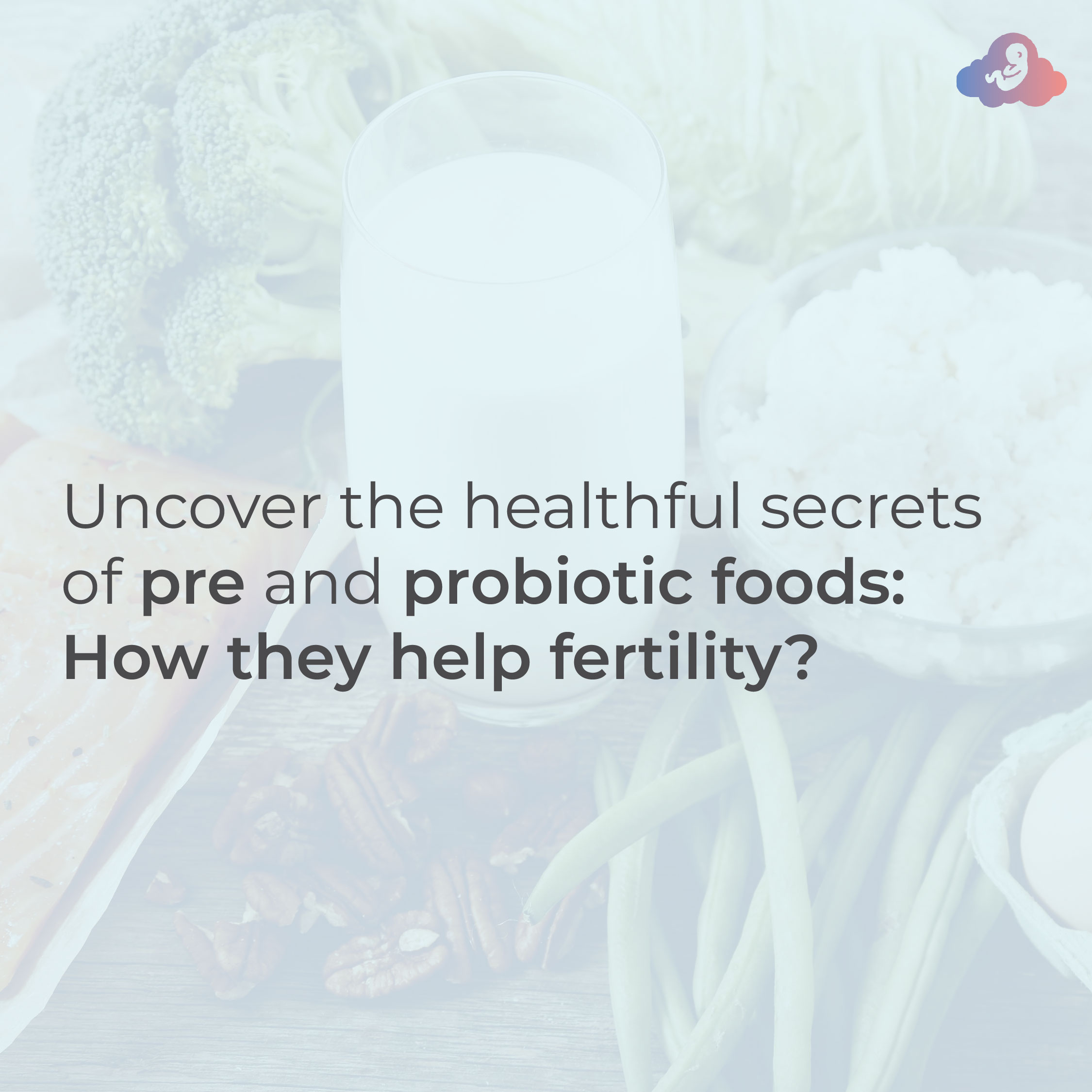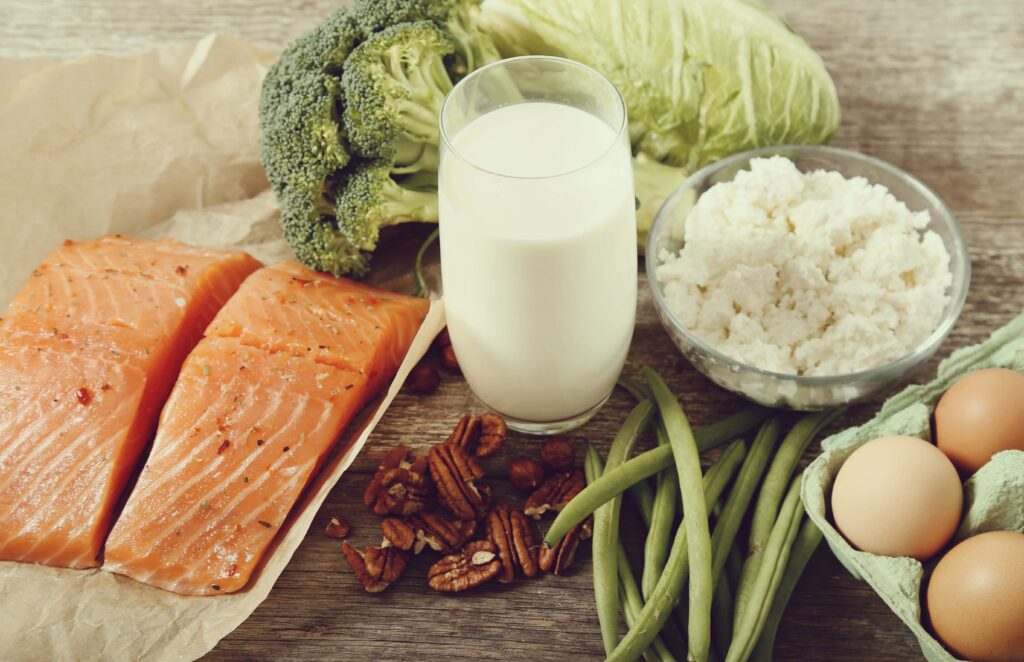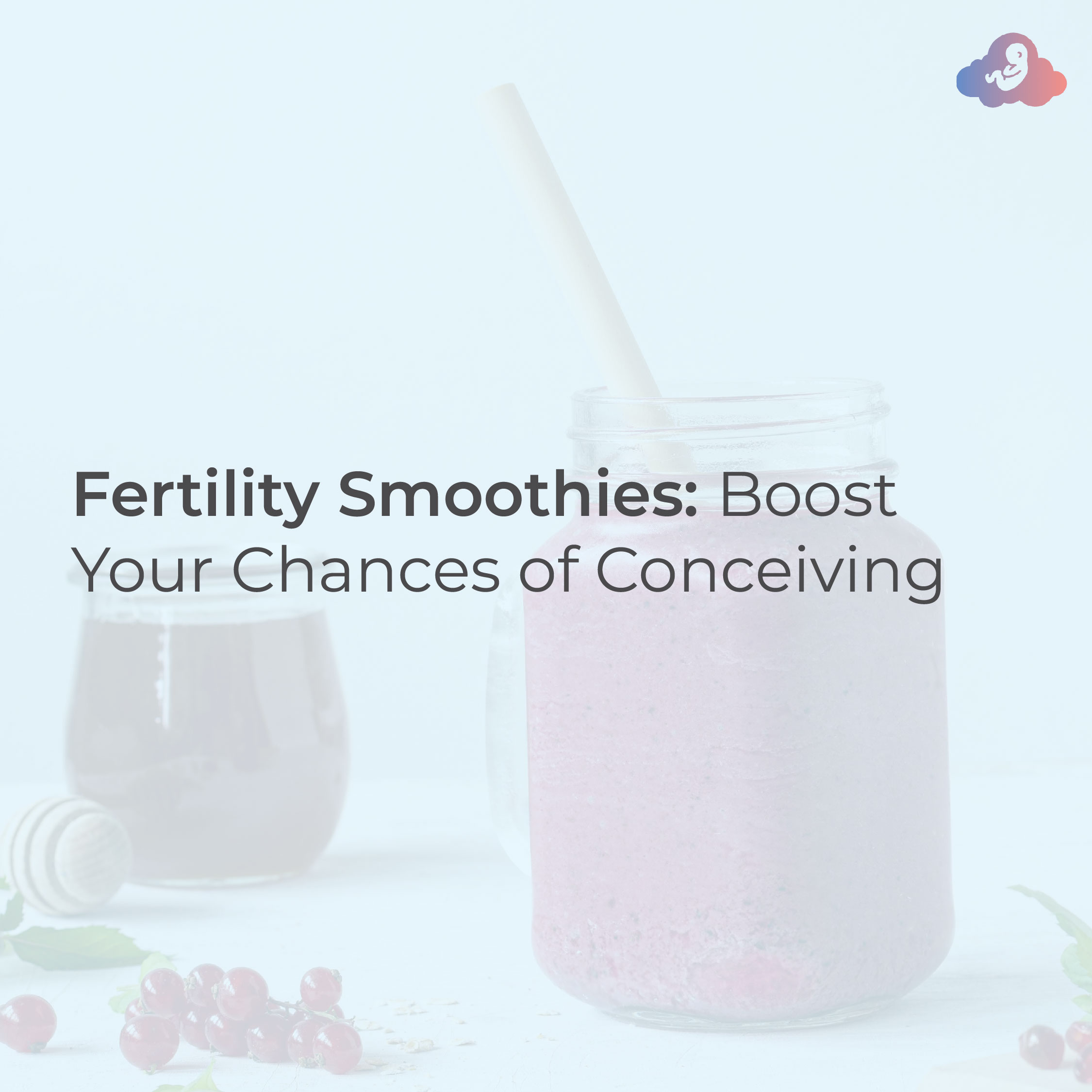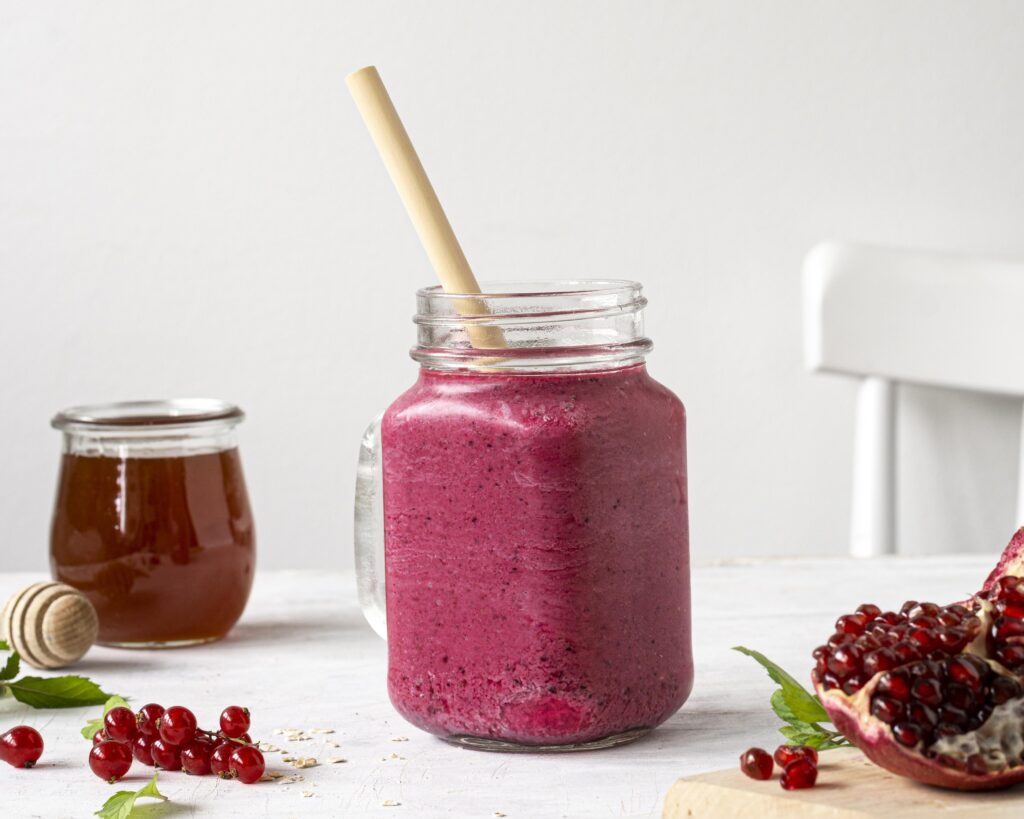Explore the intriguing connection between weight loss and fertility in this insightful article.
Weight management is an essential topic for individuals considering pregnancy. Many women wonder whether losing weight can enhance their chances of conception. Research indicates that there is a significant connection between a woman’s weight and her fertility. In this article, we will explore various aspects related to weight loss and its effects on getting pregnant.

The Link Between Weight and Fertility: What the Research Says
Numerous studies have demonstrated a clear link between a woman’s weight and her fertility. Being either underweight or overweight can influence hormonal balance, which plays a vital role in ovulation and conception. Women who struggle with obesity face issues such as irregular menstrual cycles and conditions like polycystic ovary syndrome (PCOS), both of which adversely affect their chances of pregnancy.
Research published in medical journals suggests that women with a Body Mass Index (BMI) within the healthy range have better ovulation rates and higher likelihoods of conception. For instance, a study conducted by the American Society for Reproductive Medicine found that women who lost even a small percentage of their body weight had a significant increase in fertility.
Conversely, underweight women might also face fertility challenges. Low body fat can lead to hormonal imbalances that disrupt the menstrual cycle, making it more difficult to conceive. These findings underline the importance of reaching a healthy weight before attempting to conceive.
In addition to weight, lifestyle factors such as diet, exercise, and stress levels also play a crucial role in fertility. A balanced diet rich in whole foods, healthy fats, and lean proteins can support hormonal health and improve overall reproductive function. Moreover, regular physical activity not only helps in maintaining a healthy weight but also enhances blood circulation and reduces stress, both of which are beneficial for fertility. For instance, engaging in moderate exercise has been shown to improve insulin sensitivity, which is particularly important for women with PCOS.
Furthermore, the psychological aspect of weight and fertility cannot be overlooked. The stress of trying to conceive can lead to emotional eating or unhealthy lifestyle choices, creating a cycle that may exacerbate weight issues and further impact fertility. Support groups, counseling, and mindfulness practices can be beneficial in addressing these emotional challenges, helping women to maintain a healthy mindset while navigating their fertility journey. As research continues to evolve, understanding the multifaceted relationship between weight, lifestyle, and fertility remains a vital area of focus for prospective parents.
Understanding Body Mass Index (BMI) and Its Impact on Conception
Body Mass Index (BMI) is a useful tool for assessing whether a person is underweight, normal weight, overweight, or obese based on their height and weight. A BMI between 18.5 and 24.9 is considered healthy, while values below or above this range indicate potential health risks.
For women trying to conceive, maintaining a BMI in the normal range is essential. Studies have shown that women with a BMI above 30 may experience prolonged time to conception and an increased risk of miscarriages. Furthermore, these women may face higher rates of fertility treatments, such as in vitro fertilization (IVF), to achieve pregnancy.
Conversely, women who fall into the underweight category, with a BMI below 18.5, may also experience disrupted menstrual cycles and reduced fertility. Thus, understanding and managing BMI can be critical for those looking to enhance their chances of getting pregnant.
In addition to affecting fertility, an individual’s BMI can influence the overall health of both the mother and the developing fetus during pregnancy. Women with a higher BMI may face complications such as gestational diabetes, hypertension, and preeclampsia, which can pose serious risks to both mother and child. On the other hand, underweight women may have a higher likelihood of delivering low birth weight babies, which can lead to various health issues for the newborn. Therefore, achieving a balanced BMI is not just about conception but is also vital for ensuring a healthy pregnancy and a healthy baby.
Moreover, it is important to note that BMI is not the sole indicator of reproductive health. Factors such as age, lifestyle choices, and underlying medical conditions also play a significant role in fertility. For instance, a well-balanced diet rich in essential nutrients, regular physical activity, and managing stress levels can all contribute positively to reproductive health. Women are encouraged to consult with healthcare professionals to tailor a plan that considers their unique circumstances, helping them to achieve a healthy BMI and optimize their chances of conception.
How Excess Weight Affects Hormonal Balance and Ovulation
Excess weight can significantly affect hormonal balance, primarily through insulin resistance. This condition is common in women with obesity and can lead to higher levels of insulin in the body, which in turn affects the ovaries and reproductive hormones.
When insulin levels are elevated, it may interfere with the production of sex hormones such as estrogen and progesterone. This disruption can result in irregular or absent ovulation, making it more challenging to conceive. Additionally, conditions such as PCOS are more prevalent in women with higher body weight, often leading to further hormonal imbalances.
Moreover, excess weight can lead to systemic inflammation, which is harmful to overall health and fertility. Inflammatory markers can interfere with the normal functioning of the reproductive system, potentially hampering the chances of conception. Addressing weight can help restore a more favorable hormonal environment for conception.
Furthermore, the relationship between excess weight and hormonal balance extends beyond just insulin and sex hormones. Adipose tissue, or body fat, produces estrogen, and an increase in body fat can lead to elevated estrogen levels, which may disrupt the delicate interplay of hormones necessary for regular ovulation. This can create a vicious cycle, as irregular ovulation can lead to further weight gain due to metabolic changes and lifestyle factors associated with hormonal imbalance.
In addition, psychological factors often accompany excess weight, including stress and anxiety, which can further complicate hormonal balance. Stress can lead to elevated cortisol levels, another hormone that can disrupt the reproductive system. High cortisol levels can affect the hypothalamus, the part of the brain responsible for regulating hormones, leading to a cascade of effects that can inhibit ovulation. Therefore, addressing both physical and mental health is crucial for women struggling with weight and fertility issues.
Success Stories: Women Who Conceived After Losing Weight
There are many inspiring accounts of women who successfully conceived after losing weight. These success stories often highlight the transformative power of lifestyle changes. For instance, a woman named Sarah lost 30 pounds over six months by adopting a healthier diet and increasing her physical activity. She reported that not only did she feel more energetic, but her menstrual cycle also became regular, ultimately leading to a successful pregnancy.
Another woman, Emily, found success after participating in a supportive weight loss program. After losing 25 pounds, she discovered that her body responded better to ovulation medications, and she soon became pregnant. These testimonials underscore the idea that weight loss can create an optimal environment for conception.
While individual experiences may vary, the overarching theme in these stories is that weight loss can lead to a healthier lifestyle and better reproductive outcomes. These courageous journeys inspire others to seek similar paths to improve their chances of getting pregnant. In addition to physical changes, many women report significant improvements in their mental health and self-esteem. For example, Lisa shared that shedding excess weight not only helped her physically but also boosted her confidence, allowing her to engage more actively in social situations and pursue her dreams of motherhood with renewed vigor.
Moreover, the role of community support cannot be overstated. Many women found that joining weight loss groups or engaging with online communities provided them with the encouragement and accountability they needed to stay on track. Jessica, who lost 40 pounds, attributes her success to the friendships she formed during her journey. These connections not only motivated her to maintain her weight loss but also provided a network of women who understood the emotional and physical challenges of trying to conceive. Such shared experiences can foster resilience and hope, making the journey toward pregnancy feel less isolating.
Medical Perspectives: Expert Opinions on Weight and Fertility
Medical professionals emphasize the importance of maintaining a healthy weight for enhancing fertility. Reproductive endocrinologists often recommend weight loss as part of a comprehensive fertility treatment plan. Experts suggest that even small percentages of weight loss can significantly improve reproductive health.
Dr. Jessica Davis, a prominent fertility specialist, advocates for a multidisciplinary approach to addressing weight issues in patients. She notes that lifestyle changes, including nutrition and exercise, can have a profound impact on fertility hormones and chances of conception.
Additionally, gynecologists often stress that women seeking pregnancy should undergo thorough evaluations to understand how their weight may be affecting their reproductive health. Tailored plans that incorporate physical fitness and nutritional counseling are often recommended to help patients achieve their weight loss goals.
The Psychological Effects of Weight Loss on Family Planning
The journey of losing weight can have profound psychological effects, particularly when viewed through the lens of family planning. For many women, achieving a healthy weight brings a sense of empowerment and improved self-esteem, which can positively influence their outlook on pregnancy.
Many women report feeling more confident and hopeful about their fertility prospects after losing weight. This improved mental state can manifest in a more relaxed approach to family planning, potentially leading to better outcomes. Stress reduction is significant; when women feel good about their bodies and health, they may experience less anxiety surrounding conception.
However, it’s essential to approach weight loss with a balanced mindset, as excessive focus on weight can lead to dieting pressures and body image issues. Opting for a holistic approach that emphasizes health over numbers on a scale can foster a positive relationship with one’s body while pursuing pregnancy.
The Role of Diet and Nutrition in Weight Loss and Fertility
Diet and nutrition are fundamental components of a successful weight loss journey, and they play a critical role in enhancing fertility. Eating a balanced diet rich in whole foods such as fruits, vegetables, lean proteins, and healthy fats can support weight loss while providing essential nutrients beneficial for reproductive health.
Certain diets, such as the Mediterranean diet, are particularly noted for their positive impact on fertility. This diet emphasizes healthy fats, whole grains, and an abundance of fruits and vegetables, all of which contribute to a healthier body composition and improved hormonal balance.
Moreover, staying hydrated and managing portion sizes are also pivotal for weight management. Women looking to conceive should focus on reducing processed foods and added sugars, which can contribute to weight gain and negatively affect hormonal health.
In summary, adopting a nutritious diet can pave the way for successful weight loss and improved chances of conception. Consulting with a registered dietitian can guide women in creating personalized meal plans that align with their fertility goals.











